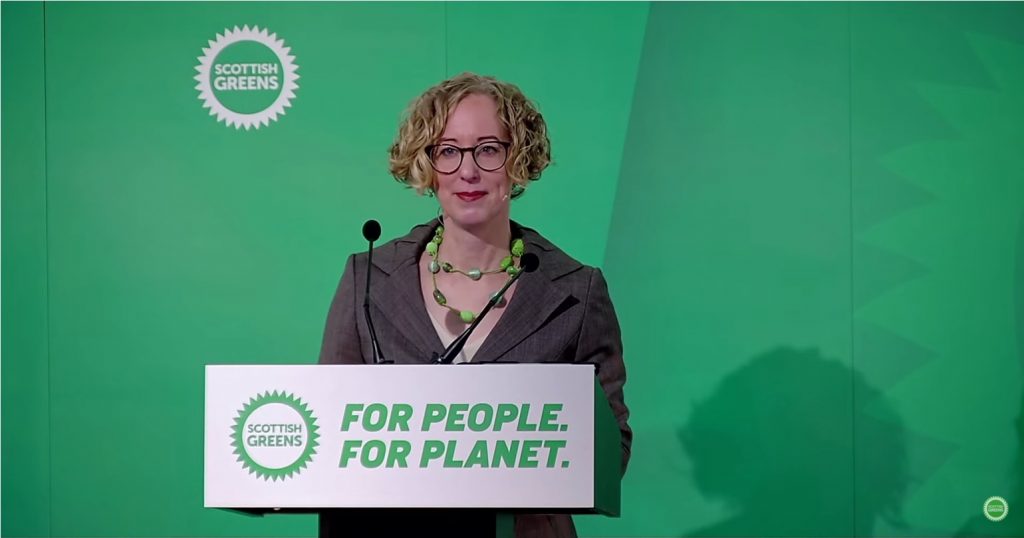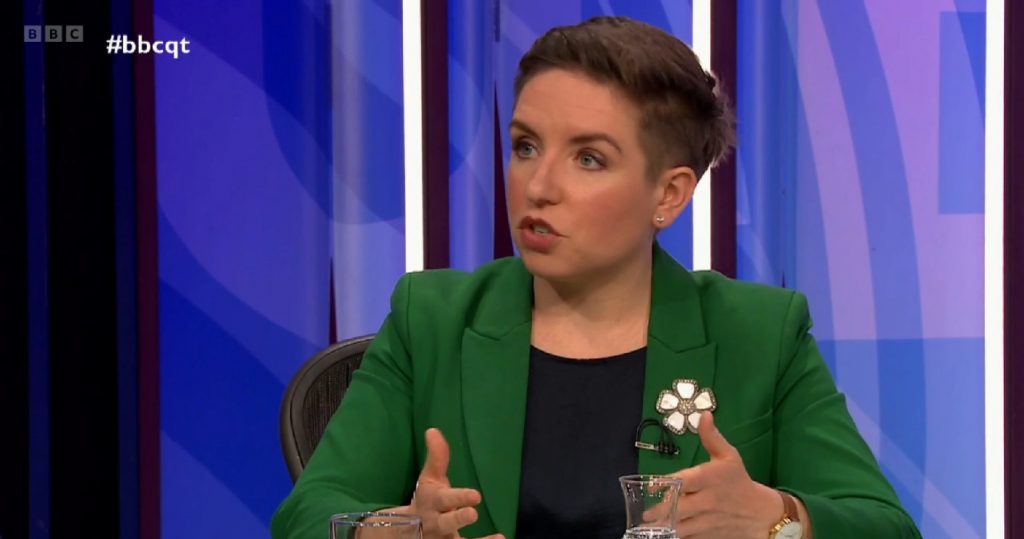Labour should recognise that ‘red wall’ voters want more action and control over the economy – not less

Survation has spent the past few weeks running a series of polling of seats in the ‘red wall’, those 44 constituencies in the north of England and Midlands won by the Conservatives from Labour in the 2019 General Election. We carried this polling out for partners; We Own It, IPPR, Autonomy, Four Day Week campaign, Tax Justice UK and CommonWealth.
Its findings are stark, and also likely to be largely ignored by the main two parties. Large majorities of both Conservative and Labour voters in red wall seats strongly support public ownership for the main utilities, including energy, rail and water. Similarly large majorities of voters from both main parties support a £15 minimum wage and a four day working week.
There was strong support for a windfall tax on energy companies, now introduced, but the more radical and interventionist measures are not likely to find their ways into either party manifestos at the next election.
Labour’s electoral strategy is, correctly in my view, very focussed on winning back lost voters in these seats and more generally older working class voters who drifted away either to non voting, UKIP/Brexit Party or the Conservatives. Labour has made a strong emphasis on social and culture issues, which is a real issue for many lost voters, and the left of Labour should have no trouble in recognising the importance of security and the disproportional impact crime has on working class communities.
However, Labour is moving away from mainstream attitudes, not just in red wall seats but nationwide, on economic issues, where there is clearly strong support for investment rather than austerity, higher taxes on the wealthy, higher pay and public ownership. A majority of all voters believe the economic model is rigged against them.
The argument Labour would make to this, and it has some merit, is that voters may say they support these left leaning measures but they aren’t going to trust Labour with it when they don’t trust them on the economy. However, as the 2017 election showed, and our new polling, this assumption is based on old apparent truisms about the political rules – ‘voters might support renationalisation but they don’t actually want a government which will do it’. There is no evidence that this is correct and there is evidence that the failure of politicians to act in the public interest and to accede to popular demands, fuels further mistrust and dissolution with the political system.
I also believe it is based on Labour making too many assumptions based on its successful 1990s approach. But this was a different economy with target voters having a different set of priorities and attitudes towards Labour and the economy. They had bought into Thatcher’s market economy and privatisations. Today’s target voters for Labour largely think the opposite.
In the run up the 1997 general election, Labour ran a highly effective campaign targeting voters in marginal seats which had become a Thatcher bastion in the 1980s, in Essex suburbs for example, metropolitan seats, and still, just, old pre-globalisation, industrial towns in southern England. Many of these voters were better off working class, non professional middle classes, and tagged crudely as Mondeo Man.
The economy was very different then. The 1980s deregulation of finance and housing markets had produced a good standard of living for many voters in this demographic amid a highly divided country. Labour needed voters in the southern suburbs to win back power and ruthlessly succeeded in doing so.
As financial deregulation continued and actually deepened under the Labour government, and with resources gravitating towards the south of England, the industrial areas of the north continued to decline, with the electoral equations starting to turn on its head. Labour lost Scotland and gradually lost its heartlands in the north and Midlands to a Conservative Party which was far quicker at recognising Labour’s dislocating voter base in the north, and successfully combined support for leaving the EU with a pivot away from Thatcherism and Osborne’s austerity towards a more interventionist state.
When the red wall crumbled to the Conservatives in the 2019 General Election, a combination of factors can be attributed, foremost of which was Brexit and Labour’s second referendum pledge, but also Corbyn’s own declining popularity and Johnson’s genuine chiming with many red wall voters. But the glue which held the Conservative surge together was a pledge to former and existing Labour voters that the party of Thatcher and Osborne had changed. The Conservatives largely neutralised the NHS as Labour’s most potent vote winner.
In a way the most misunderstood dimension of British politics is that Boris Johnson is far more Blair than Trump, in the sense of understanding where the centre of gravity in politics is and tuning his political strategy towards that at the most beneficial strategic time.
With the Mondeo Man of the 1990 now likely retired, and living in more rural parts of Essex and likely to vote Conservative, Labour shows too often that its strategy of winning back voters in the red wall is too based on the demographics of their 1990s equivalents in the south.
But they are fundamentally different and misunderstood. ‘Essex man’ turned to Thatcher out of a sense of financial aspirations which were being met in real time, even if they created a huge societal divide. Red wall voters turned to the Conservatives because, via Brexit and a rejection of Osborne’s austerity, it was the Conservatives who were offering change against a status quo not working in post industrial Britain.
Today, the cost of living is easily the highest priority for voters, who largely want bigger and bolder solutions. Making an assumption that they will feel more secure with a more cautious approach based on lower spending and deficit reduction, which Labour has been making strong noises towards, risks a less cautious Conservative party to simply outbid them when the time is right.
I am not sure what Obama adviser David Axelrod achieved when advising Ed Miliband, and the evidence is that it was limited, but he was surely right in his criticism of that era in Labour politics as ‘vote Labour, win a microwave’. There are signs Labour is drifting back to that mode, just at a time when a growing economic crisis makes the approach even more electorally inappropriate than it was when it failed in 2015.
Labour is ahead in the polls and could win the next general election, however, the Conservatives could also easily make themselves competitive again, perhaps with a change of leader, and a strong interventionist approach to cost of living. The ideas and support for policies which the public would associate as Labour territory are out there and if Labour seizes the moment, the Conservatives could be out for a generation as they deserved to be after 1997.
Carl Shoben is Director of Strategic Communications for Survation and a former Labour strategy director.
PS. We hope you enjoyed this article. Bright Green has got big plans for the future to publish many more articles like this. You can help make that happen. Please donate to Bright Green now.
Image credit: YouTube screen grab




Interesting article and 1st comment. At the end of paragraph 6, I assume the author intends ‘disillusion’ rather than ‘dissolution’.
Bizarrely, if predictably after the purging of all the Corbynistas , Labour has returned to the Blairism of the nineties. What makes this strategy bizarre is that you would not have to dig too far to find that it was Blairism that was at the root of losing the red wall constituencies by not seeking to protect the de industrialised north and midlands from the ravages of Thatcherism and globalisation. Worse taking their votes for granted.
Electorally the Green Party needs to understand this if we are to make a break through in the north. I would be wary of reading too much into our success in Sheffield . Bolsover or Wakefield are very different from the west side of the steel city , which has more in common with Bristol than you might think.
No doubt people in Burnley will be able to shed light on how to make a break through in the smaller towns and the villages of the north. What troubles me is that the Green Party’s political messaging is so southern centric. It is a difficult thing to pin down but I would argue that much of the party’s rhetoric does not address the ‘ structures of feeling’ of the north.
Principally that is failing to understand the hauntings which are in the north. To begin to understand watch ‘ Kes’ , a movie that was filmed in the school where I started my teaching career so long ago.